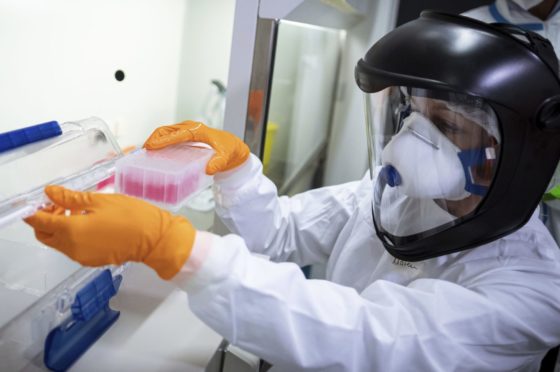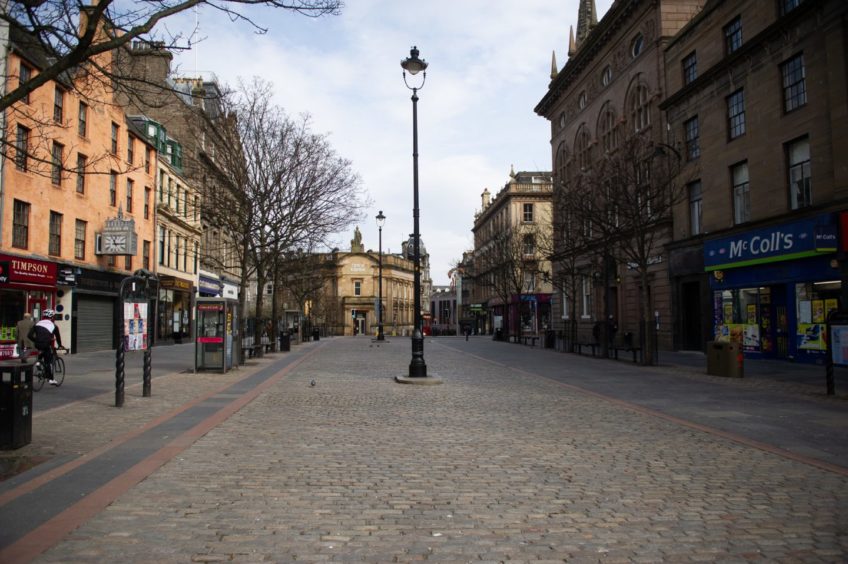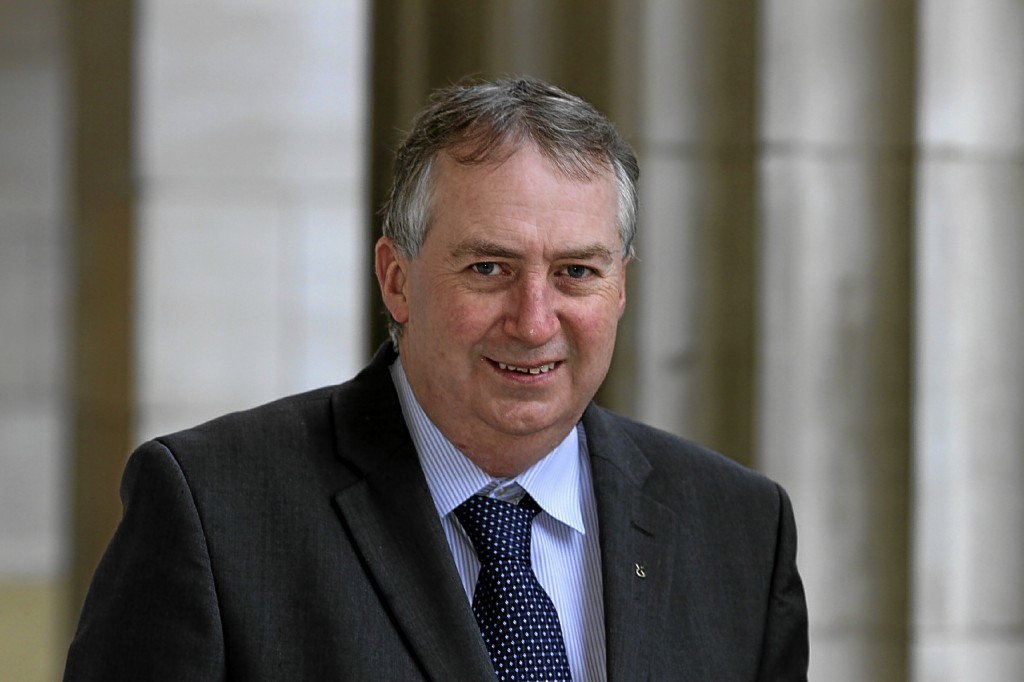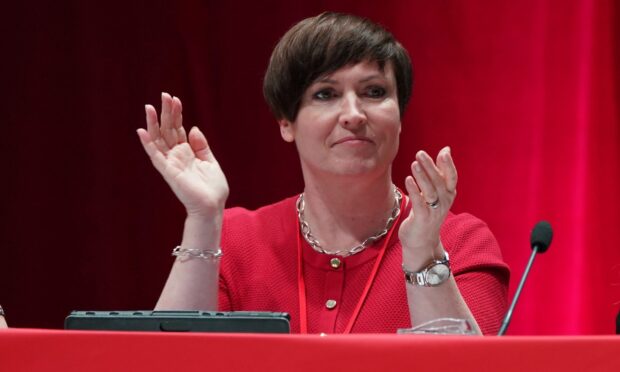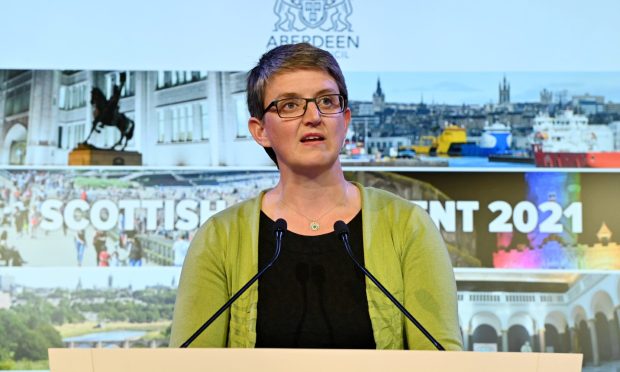Dundee has the highest rate of confirmed coronavirus cases in Scotland, according to new data published for the first time.
Figures from the Scottish Government reveal the City of Discovery has the highest count of positive Covid-19 tests per head of population in the country after recording 601 confirmed cases among its 148,750 residents.
Dundee’s relatively small population compared to larger cities and council areas, along with its high case number, means it has the highest rate anywhere in Scotland with more than 404 confirmed cases per 100,000 people.
The figure is significantly higher than Glasgow and Edinburgh, which have rates of 181.51 and 167.98 per 100,000 residents, respectively.
The first confirmed Covid-19 case in Scotland, which was recorded on March 2, involved an individual who had returned to Tayside after travelling to Italy – one of the worst-affected countries in Europe.
Some other areas in region have also registered relatively high rates of confirmed cases, with Angus coming in at 238.71, Perth and Kinross at 155.33, and Fife recording a rate of 152.46 per 100,000 residents.
Medical bosses in Tayside believe the rate in Dundee is linked to the high volume of testing done by the local health board over an extended period of time. Case data can be strongly affected by differences in local testing regimes.
Dr Daniel Chandler, a consultant in public health medicine at NHS Tayside said: “It would be incorrect to conclude from this data that Dundee is something of a hot spot compared to other cities in Scotland for Covid-19 cases.
“The higher rate of positive results in the health board area is very easily explained by the fact that other data will show NHS Tayside has tested many, many more frontline workers and household members from NHS, social work, care homes and first responders and other key workers.
“NHS Tayside made a very early decision to proactively begin staff testing on March 17.
“The testing hub has now tested more than 2,000 key health and social care staff – or their household members who have symptoms – to allow those with negative results to be cleared to return to work.
“From the number of reported cases, approximately two-thirds are key workers or their household members who have been identified through the rigorous testing system.
“The reported rate of 404 per 100,000 population drops to 182 per 100,000 when health and social care staff are excluded from the numbers.
“We would expect to see similar rates of positive tests in other board areas if they were testing staff at the same level as NHS Tayside.”
Councillor Ken Lynn, health spokesman for Dundee City Council’s ruling SNP administration, also stressed the figures are more positive than they may first appear.
Mr Lynn, who is vice-chairman of Dundee Health and Social Care Partnership’s integration joint board, said: “It doesn’t necessarily mean there are more people infected in the wider area.
“I think it’s because we are the number one board in the country when it comes to testing people, whether it be staff working in hospitals or medical settings. There is a lot of testing going on.
“While it’s difficult to say its good news that so many people are testing positive, it is a good thing that we’re testing so many people.”
